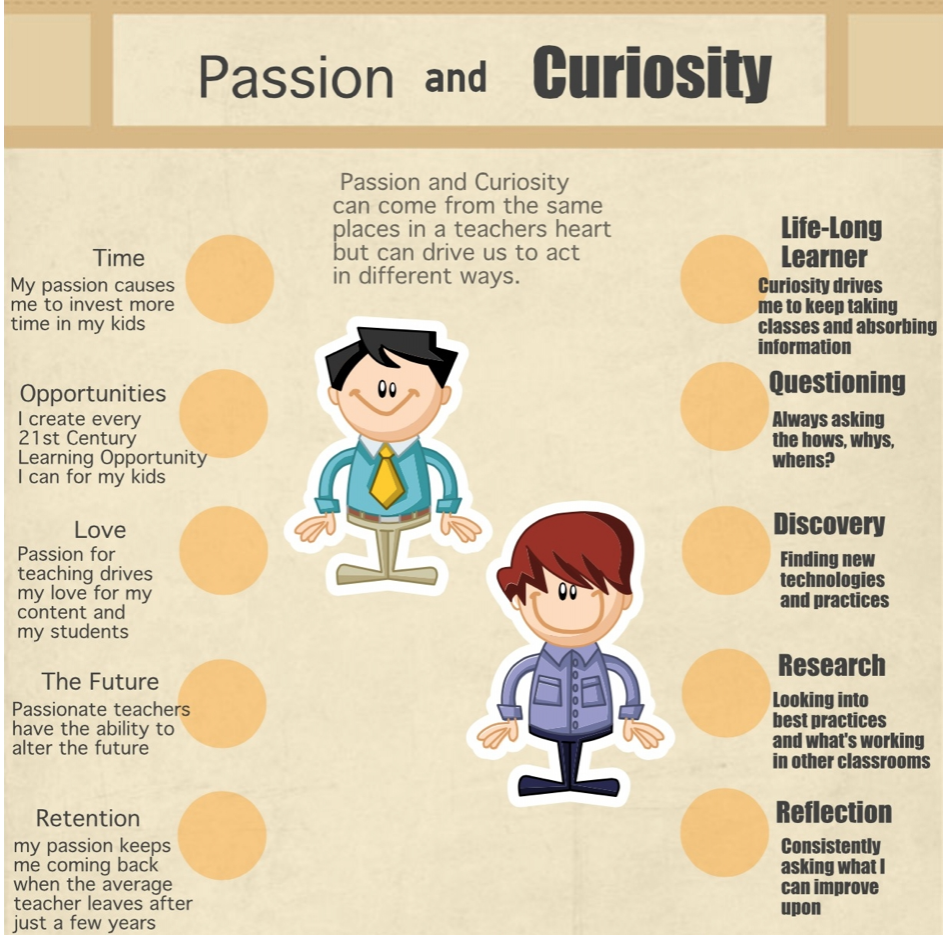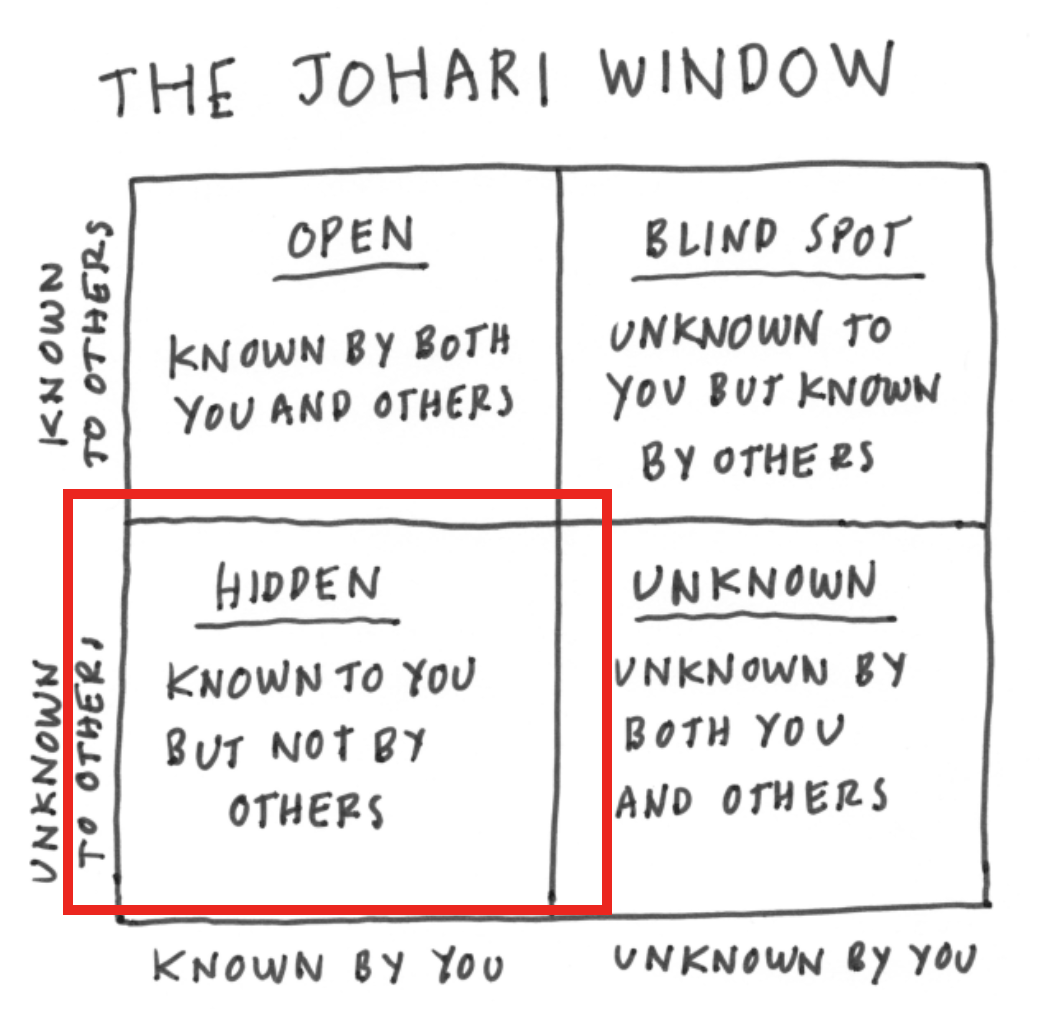The 8 Qualities of the Emotional Scrum Master
As a Scrum Master or any other kind of leader, emotional intelligence is just as importance as technical or leadership skills.
Join the DZone community and get the full member experience.
Join For FreeThe Scrum Master profession spans a wide variety of skills, knowledge, and experience. Scrum Masters try to create high performing teams and drive organizational change. Although our primary focus and responsibility is the process, it's people we work with all the time. Surprisingly, our profession focuses predominantly on developing cognitive intelligence (IQ). We need to learn to appreciate the value of emotional intelligence (EQ) in becoming great Scrum Masters.
What Is Emotional Intelligence?
The term emotional intelligence was first created by researchers Peter Salavoy and John Mayer, and popularized by author Daniel Goleman. Emotional intelligence has been defined as, "the ability to recognize, understand, and manage our own emotions, and recognize, understand, and influence the emotions of others."
In practical terms, this means being aware that emotions can drive our behavior and impact people (positively and negatively), and learning how to manage those emotions — both our own and others — especially when we are under pressure.
What qualities does an emotionally intelligent Scrum Master need to develop? Through my work as a Scrum Master, I have identified 8 essential qualities of emotional intelligence. I hope you find value in them and hope they will guide you in developing your emotional self and improving your servant leadership role. This article is an introduction and only provides a listing of the 8 qualities. In later articles, I will focus on steps to how people can develop each of these qualities.
1. Empathy
Empathy is defined as the capacity to understand or feel what another person is experiencing from within their frame of reference, the capacity to place oneself in another's position. Hodges and Myers in the Encyclopedia of Social Psychology discern two types of empathy: affective and cognitive empathy.
Affective empathy refers to our emotional reactions to others and to our ability to understand other people's emotions. Understanding our affective empathy reveals our emotional triggers. At times it is particularly difficult to use emotions as a friend you can learn from, rather than an enemy you need to suppress. Feelings are a source of wisdom: we should be aware of them, embrace them, and act on them.
Cognitive empathy implies you have good antennae for observing and understanding emotions happening around you. Cognitive empathy is a gateway to compassion. Where empathy is a mode of relating, compassion is taking it a step further by feeling what that person is feeling, holding it, accepting it, and taking some kind of action. By developing empathy, you focus on peoples' emotional well-being and shows your respect for people.
2. Self-Awareness
 Aristotle said: "Knowing oneself is the beginning of all wisdom." The more we are aware of ourselves, the better we can serve others. Your understanding of who you are determines your actions as you understand better why you do the things you do.
Aristotle said: "Knowing oneself is the beginning of all wisdom." The more we are aware of ourselves, the better we can serve others. Your understanding of who you are determines your actions as you understand better why you do the things you do.
Self-awareness is how we see ourselves, and also how we perceive others to see us. The last part is the external aspect and is the most difficult to properly assess. A useful tool in this context is the "Johari window" by Joseph Luften and Harry Ingham that focuses on aspects of your personality, known or unknown to yourself and others. This window can develop self-awareness as it moves information from the blind quadrant into the open, making a person more self-aware.
Other ways to become more self-aware is to seek honest feedback and to regularly mindfully introspect, which in fact is being curious towards oneself. Just like empathy, self-awareness is a prerequisite to becoming emotionally intelligent.
3. Curiosity
 A curious person is a person who is willing to understand. A person that wants to learn seeks to improve. Curiosity is the engine that drives personal continuous improvement. When you're curious, you're passionate, and passion makes you perform at your best. Passion is infectious and contagious in a positive way. Passion is a natural desire, instinct, drive, ambition, and motivation of love for a subject or someone. Passion brings positive energy that helps sustain us and inspire us to want to keep going along bumpy roads of change. Curious people are generally more open-minded and tolerant of ambiguity, leading to higher levels of knowledge acquisition. As Albert Einstein said: "I have no special talents. I am only passionately curious."
A curious person is a person who is willing to understand. A person that wants to learn seeks to improve. Curiosity is the engine that drives personal continuous improvement. When you're curious, you're passionate, and passion makes you perform at your best. Passion is infectious and contagious in a positive way. Passion is a natural desire, instinct, drive, ambition, and motivation of love for a subject or someone. Passion brings positive energy that helps sustain us and inspire us to want to keep going along bumpy roads of change. Curious people are generally more open-minded and tolerant of ambiguity, leading to higher levels of knowledge acquisition. As Albert Einstein said: "I have no special talents. I am only passionately curious."
Curiosity is probably the most powerful quality of emotional intelligence.
4. An Analytical Mind
Building emotional intellect requires an analytical mind. You need to think deeply about what you observe and about what you experience within. Scrum Masters especially need to develop a deep thinking habit. Instead of acting on impulses that helped mankind to survive, we now live in a society where we need to assess situations and analyze them deeply. We should continuously assess historic information, procedures, and habits, contemplating and questioning the "why of why." Your analytical mind is a mindset that brings continuous improvement of your "self." It lays the foundation for adaptability, as you constantly evaluate to either persevere or adapt your current mental model. Openness will make you recognize that you have a choice to always change. It requires self-awareness and courage to challenge yourself. The combination of self-awareness and an analytical mind stimulates self-management.
5. Optimism
The positive belief that things in your life are there for a reason, and that everything will ultimately work out for good. You should spend time in meditation to grow your faith in the person you are and who you want to become. In other words, grow a belief in yourself. Combining optimism with strong values like hard work, perseverance, and emotional balance will deliver joyful results. However, it takes learning to be mindful and recognizing these moments of joy.
Our personal attitude is always within our control, but we cannot directly control other people's minds. We can choose to live each day being positive and accept that no person has deliberate bad intentions; there is always a context that needs to be examined. Our optimism and positive belief will help us deflect negativity and make us better coaches.
6. Discernment
 In all the energy and activity in team dynamics, you need to practice to see the difference between people's needs and wants to separate what deserves your attention and what does not.
In all the energy and activity in team dynamics, you need to practice to see the difference between people's needs and wants to separate what deserves your attention and what does not.
According to Maslow's Hierarchy of Needs theory, needs can be categorized and ordered as basic needs, psychological needs, and self-fulfillment needs. Our attention will focus on the last two. Wants are desires, not needs. They can be considered as goals or nice-to-haves. Scrum Masters need to discern these categories first and foremost for themselves, and secondly around them.
7. Humility
A basic drive of a servant leader is the desire to help others. We strive to create an environment for others to become successful. The team's overall success and achievement are more important than the success of the individual. Your role is to pull, rather than push, as it is not about you, but the people that need to be ready for change. You show respect for people and empowered teams as you let the team decide, listen and wait more than you tell, and reveal instead of resolve.
8. Authenticity

Be transparent and stay close to who you really are. You have an analytical mind, you question the why, and on top of that, you should stay true to yourself, your beliefs, and your values. But remember that staying true to yourself also includes being open to adapt. However, never try to be what you are not, as that is not a sustainable stance. Be aware of the perception of others and invite them to investigate which parts of you are hidden that are worth sharing. For authenticity, you need the courage to be vulnerable, lead by example, and lay a foundation of trust, as trust contains the willingness to be vulnerable with each other.
Conclusion
We work with people serving them to become happier, more productive and self-organising towards delivering working software. Our emotional intelligence helps us to gain allies and build powerful relationships that will help to reach our goals. Mastering these 8 qualities of emotional intelligence will help you to influence people without authority. The bottom line is: if people don't like working with you, your efforts to improve won't go anywhere.
Consider the 8 qualities of an emotionally intelligent Scrum Master:
Which one(s) do you master? How do you master it?
Which quality is most difficult for you? Why do you think that is?
How will you improve your emotional intelligence qualities to grow as a servant leader?
Published at DZone with permission of Roland Flemm, DZone MVB. See the original article here.
Opinions expressed by DZone contributors are their own.

Comments